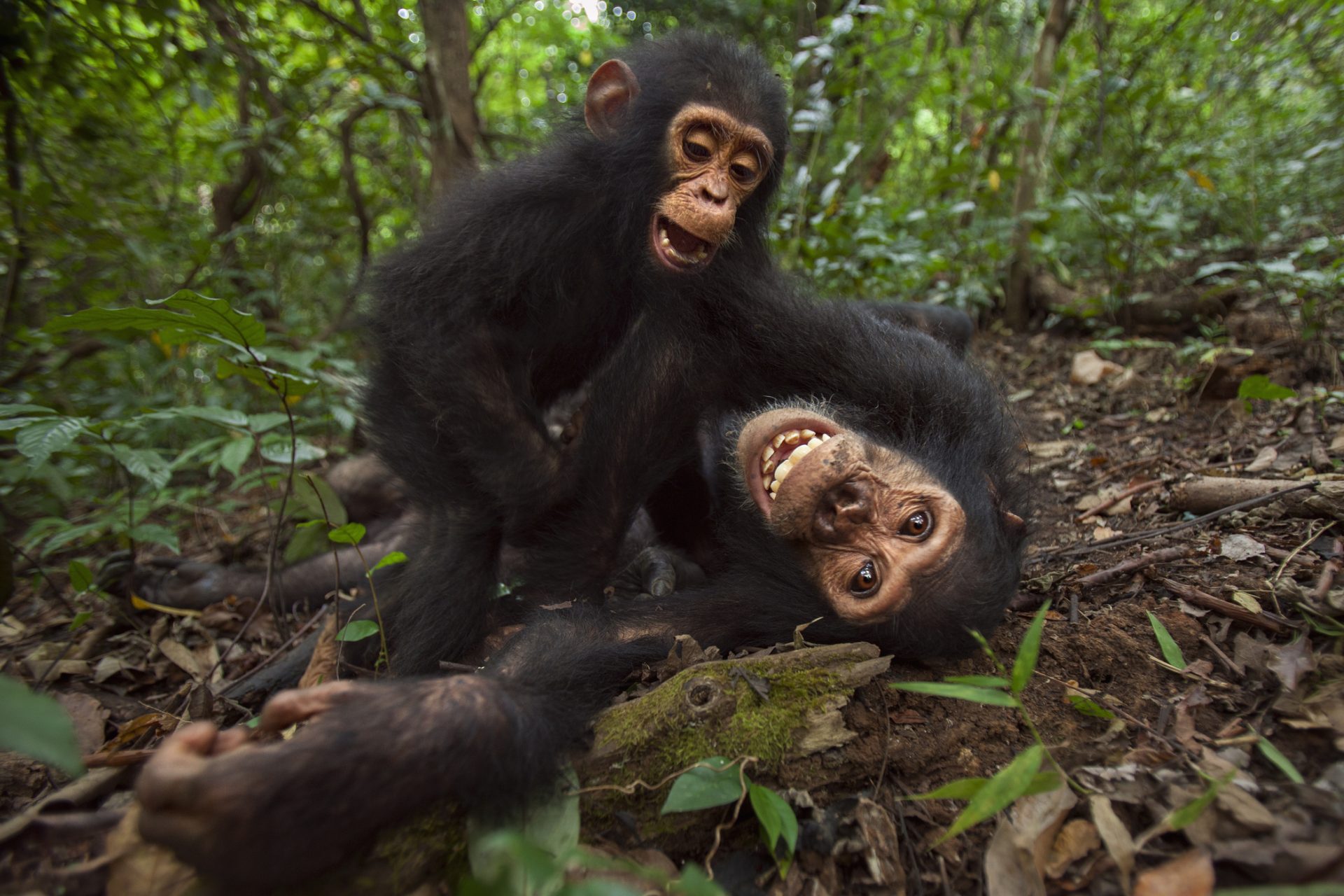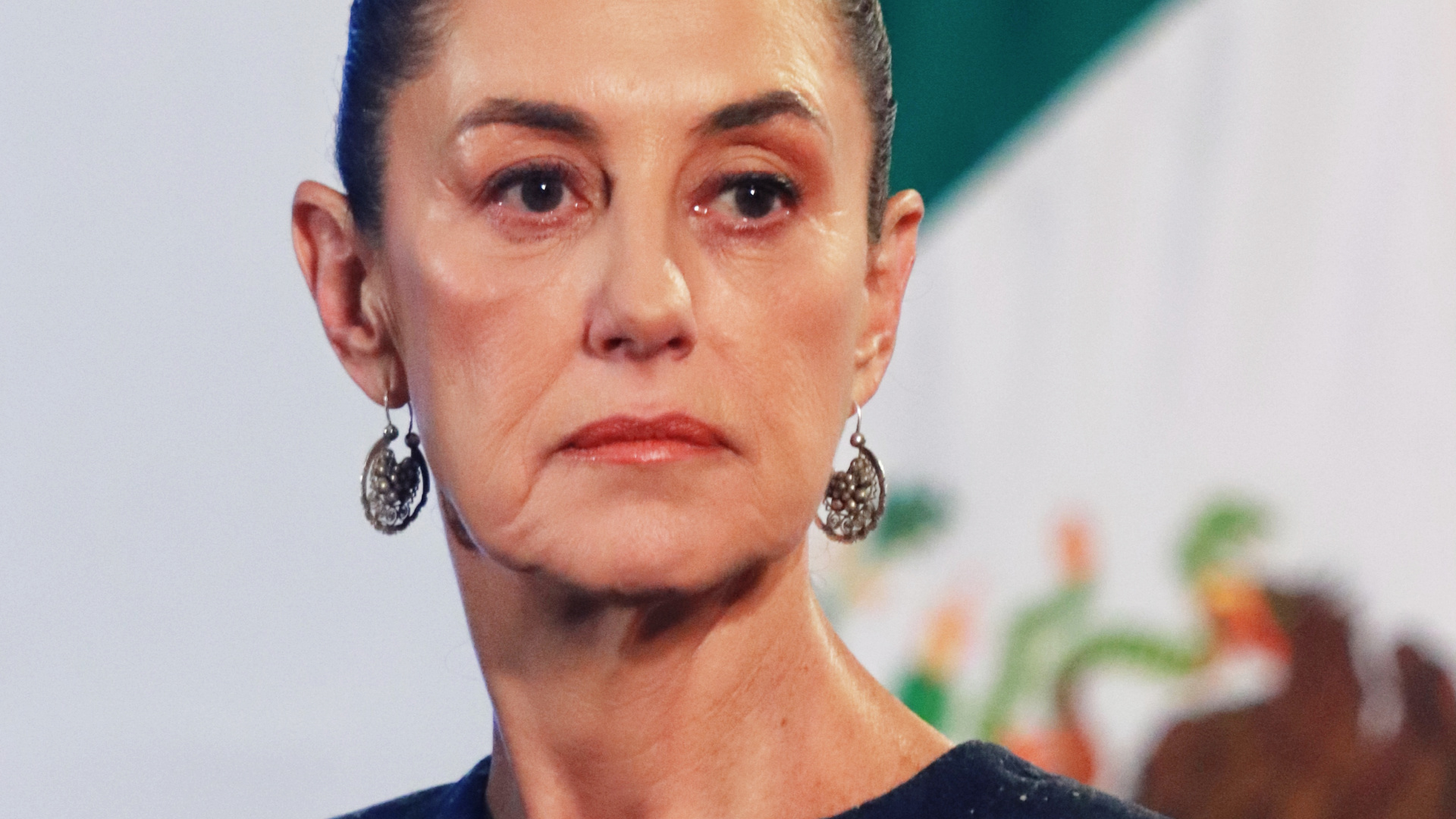Could rich countries be forced to compensate developing ones for climate change?
Climate justice is often considered an intergenerational issue: climate change will disproportionately affect young people. However, as the UN puts it, it has many more angles: gender and, especially, income inequality.
Pacific Island leaders tackled that issue at a UN climate change conference in Bangkok. Prime Minister Mark Brown of the Cook Islands said the finance model for combatting climate change is incorrect and complained about a lack of effort from rich countries.
According to Time magazine, extreme weather is making some Pacific Islands confident that they will become uninhabitable in the following decades and costing their governments millions.
According to the Associated Press, Mark Brown told the UN panel that giving loans to developing countries to pay for damages and adapt is "not the way to go."
Leaders from this area are becoming increasingly unsatisfied with how the system works. That is why Vanuatu, a small country in the middle of the Pacific, made a massive step towards placing legal responsibility on rich countries.
In 2020 Vanuatu was the victim of a disastrous cyclone that destroyed crops and schools. According to UN information collected by NPR, 90% of the population lost their homes in one province.
The island's government estimated there was $600 million in damage. It was more than 60% of the country's gross domestic product, showing how devastating extreme weather is for these small countries.
So Vanuatu decided to act. The small island persuaded the UN General Assembly to ask the International Court of Justice to rule on the obligations of countries to address climate change. That means financial obligations as well.
Mark Brown argued that assuming all the load is "offensive" for countries with small populations that produce "inconsequential amounts of carbon emissions" but suffer the most from the effects. But is he right?
There are three ways to approach the issue of each country's responsibility for climate change: biggest greenhouse gas emitters today, historically, or per capita.
According to Our World in Data, the three largest carbon emitters in 2021 were China (32%), the US (12%), and the EU (7%). All three combined were responsible for almost 53% of total global emissions.
The picture changes a little if we look at the per capita ratings. The biggest oil producers, like Qatar or Kuwait, had the highest per capita emissions. If we remove oil production from the equation, Australians are the worst emitters.
However, climate change did not happen in the last couple of years, so knowing who contributed more emissions historically is also essential: the US, China, and the EU lead again, with a combined nearly 60% of emissions.
Numbers are more apparent when looking at global emissions by income: the top 50% of countries emit around 86% of all greenhouse gases, while the lower income half takes the rest.
Most of the rich world's historical and per capita emissions come from high living standards achieved without environmental restrictions. The developing countries have yet to achieve this.
According to the UN, the developing world will face harsher climate change consequences, with food insecurity, conflict, more frequent and extreme climate disasters, and population movements.
The last IPCC report suggested developing countries must invest heavily in adaptation to survive climate change, but money is scarce. Perhaps a contribution from the developed world doesn't actually seem that crazy afterall.
More for you
Top Stories






























